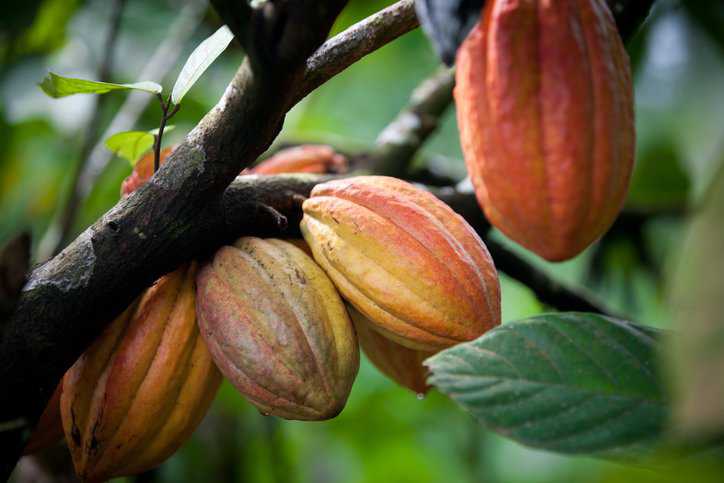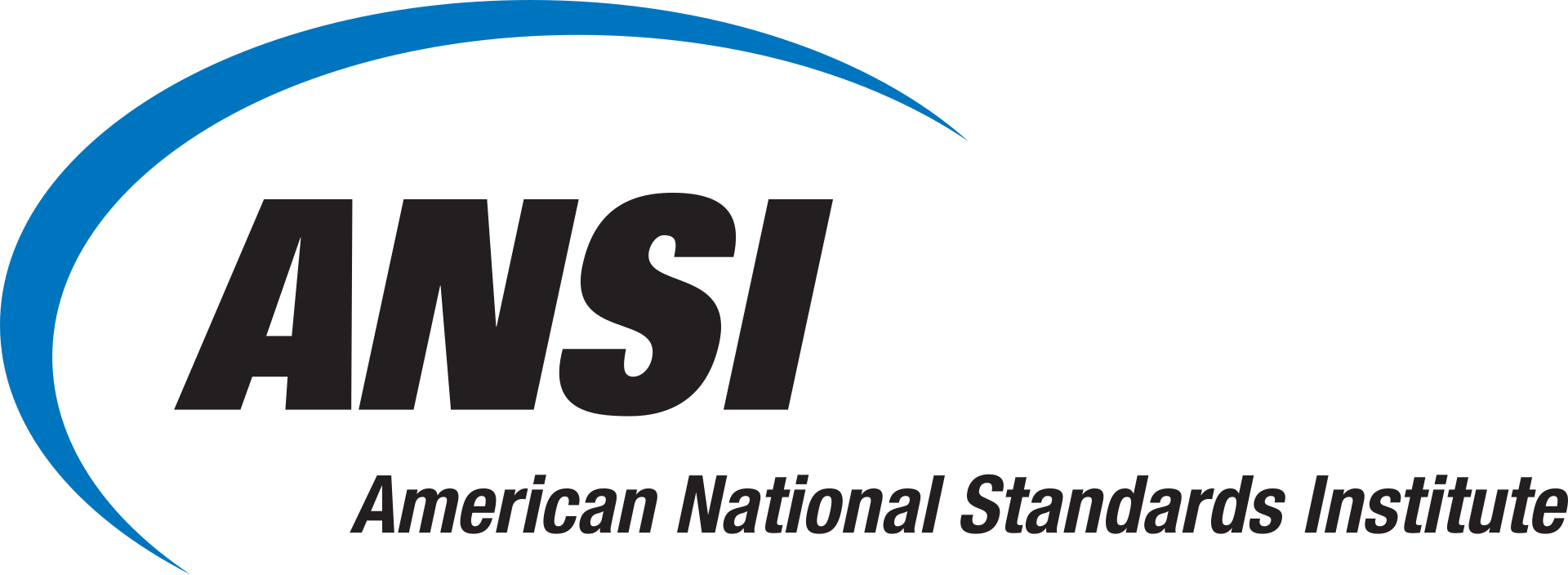ISO 34101-1:2019— Sustainable And Traceable Cocoa

Approximately 5 million tons of cocoa are grown every year, and the two largest producing countries are Côte d’Ivoire and Ghana, which means West Africa accounts for more than two thirds of the world’s cocoa production. With rich soil and high rainfall, Western Africa is one of the best areas on Earth to grow cocoa beans. However, this land is typically deforested to make way for plantations. Experts estimate that 70% of the West Africa illegal deforestation is related to cocoa farming. ISO 34101-1:2019—Sustainable And Traceable Cocoa – Part 1: Requirements For Cocoa Sustainability Management Systems provides guidelines for cocoa organizations to institute a sustainable management system.
What Is ISO 34101-1?
ISO 34101-1:2019 specifies high-level requirements for management systems for sustainable cocoa bean production, including post-harvest processes, if applicable, and traceability of the sustainably produced cocoa beans within the organization producing the cocoa beans. Post-harvest processes include pod-breaking, fermentation, drying, sorting, packing, transport and storage of cocoa beans.
The standard is intended to be applied by registered cocoa farmers and organizations that are sustainably producing cocoa beans. ISO 34101-1:2019 further aims to support and encourage all cocoa farmers, improve the income of cocoa farmers and resilience of their livelihoods, and promote and support farmer organization, when necessary.
Are Cocoa Beans Sustainable?
Here are some interlinked issues facing sustainable cocoa production:
- Farmer poverty: The majority of farmers are living below the World Bank’s benchmark for extreme poverty.
- Low productivity: Poor agricultural practices, aging cocoa trees that lead to declining yields, and lack of quality inputs lead to low productivity. Farmers usually have limited access to finance that would allow the purchase of input supplies and quality planting material.
- Access to education: Farmers also often have limited knowledge of modern farming techniques and management skills.
- Child labor: 1.56 million children were engaged in child labor in cocoa production (including approximately 790,000 children in Côte d’Ivoire and 770,000 in Ghana mainly working on their family farms.
- Deforestation: Poor land management of growing cacao trees and commercial logging operations cause deforestation. Some farmers cut down trees to plant their crops, eliminating competition from surrounding plants and animals that may take away water or nutrients from the soil needed for growing cacao beans. This can cause erosion, which increases the amount of sediment in waterways and reduces water supplies. The nutrients left behind from deforestation can also severely pollute rivers and streams.
- Climate Change: The increase in greenhouse gas emissions and climate change are significantly due to the deforestation of traditional cocoa-growing areas. Cocoa farmers’ livelihoods are at risk to any changes in drought and rain patters due to climate change as cocoa is primarily a rain-fed crop.
- Disease control: “Black pod rot” is a cocoa tree disease that causes farmers to lose around 60% of their crop yield each year. This forces many farmers to abandon sustainable farming practices such as shade-grown cacao for less sustainable options.
Cocoa Sustainability Management System
According to ISO 34101-1:2019, a cocoa sustainability management system should strive to achieve a cocoa production system that enables an economically viable, environmentally sound, and socially responsible production of cocoa beans, in which the needs of the present are met without compromising the ability of future generations to meet their own needs. The standard is based on cocoa sustainability management principles:
- Cocoa sustainability focus
- Leadership
- Engagement of people
- Process approach
- Improvement
- Knowledge-based decision making
- Relationship management
ISO 34101-1:2019 details that applying these principles is expected to help an organization to meet its cocoa sustainability objectives and improve the livelihoods of registered farmers and their resilience.
ISO 34101-1:2019—Sustainable And Traceable Cocoa – Part 1: Requirements For Cocoa Sustainability Management Systems is available on the ANSI Webstore.






